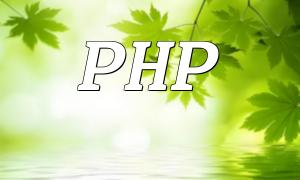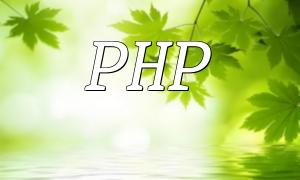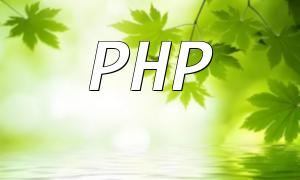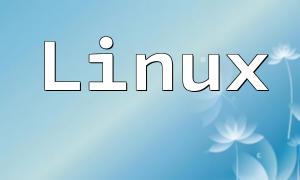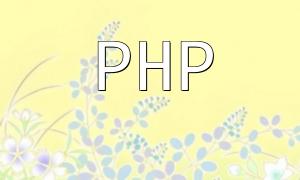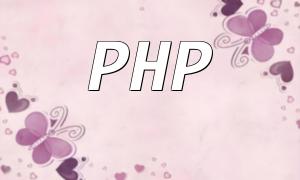With the increasing number of cybersecurity threats, protecting source code has become an essential task for developers. Encrypting PHP code prevents unauthorized access and protects business secrets and intellectual property. Although Docker containers offer a level of isolation, ensuring code security in a Docker environment is still a vital consideration.
There are various methods to encrypt PHP code in Docker. Below are some common and effective encryption tools:
ionCube is a popular PHP encryption tool that converts PHP source code into bytecode, making it harder to read. To use ionCube for encryption in Docker, follow these steps:
Once you complete these steps, your Docker container will be able to run PHP code encrypted with ionCube.
Zend Guard is another powerful PHP encryption tool that not only encrypts the code but also manages licenses for PHP applications. To integrate Zend Guard into Docker, you can follow these steps:
By following these steps, you can use PHP code encrypted with Zend Guard in your Docker container.
When encrypting PHP code, there are several important factors to consider:
While encryption enhances security, it may cause some performance overhead. Therefore, when deploying encrypted PHP code in Docker, it is crucial to periodically assess the performance to ensure it does not affect the application's response time and user experience.
Different PHP encryption tools may have compatibility issues. Be sure to choose a tool that is compatible with your PHP version and Docker configuration.
Before encrypting your code, it is essential to back up the original source code to prevent data loss in case of unforeseen issues.
Encrypting PHP code in Docker is an essential measure to enhance security. Tools like ionCube and Zend Guard can effectively prevent code leakage and unauthorized access. When implementing encryption, developers must consider performance, compatibility, and backups to ensure that their PHP applications run securely and reliably in a Docker environment.
